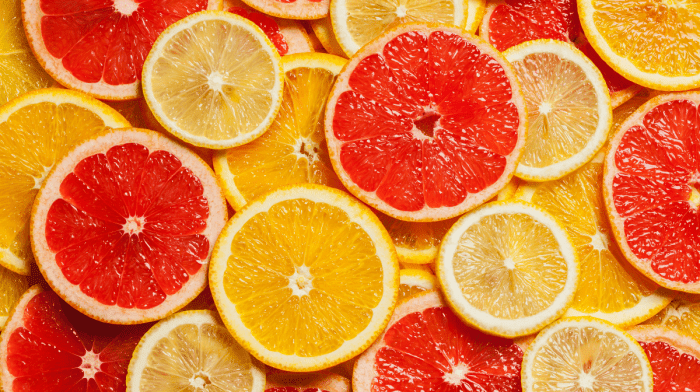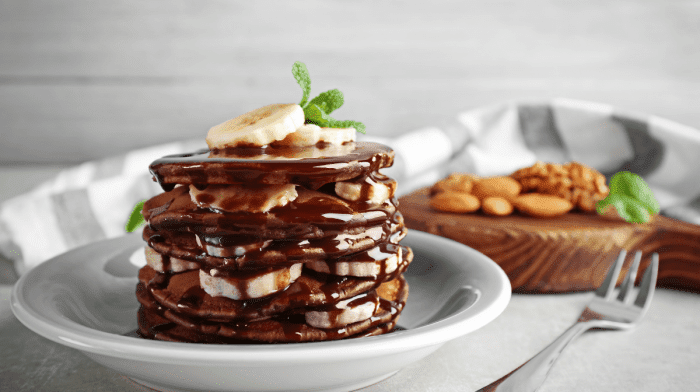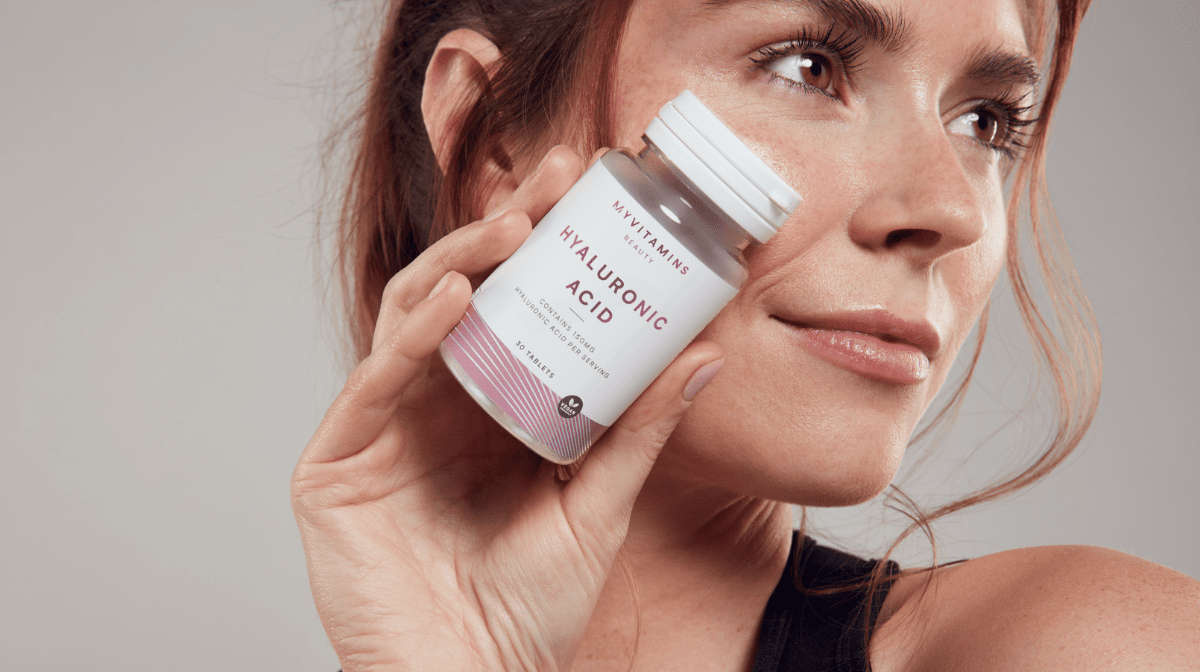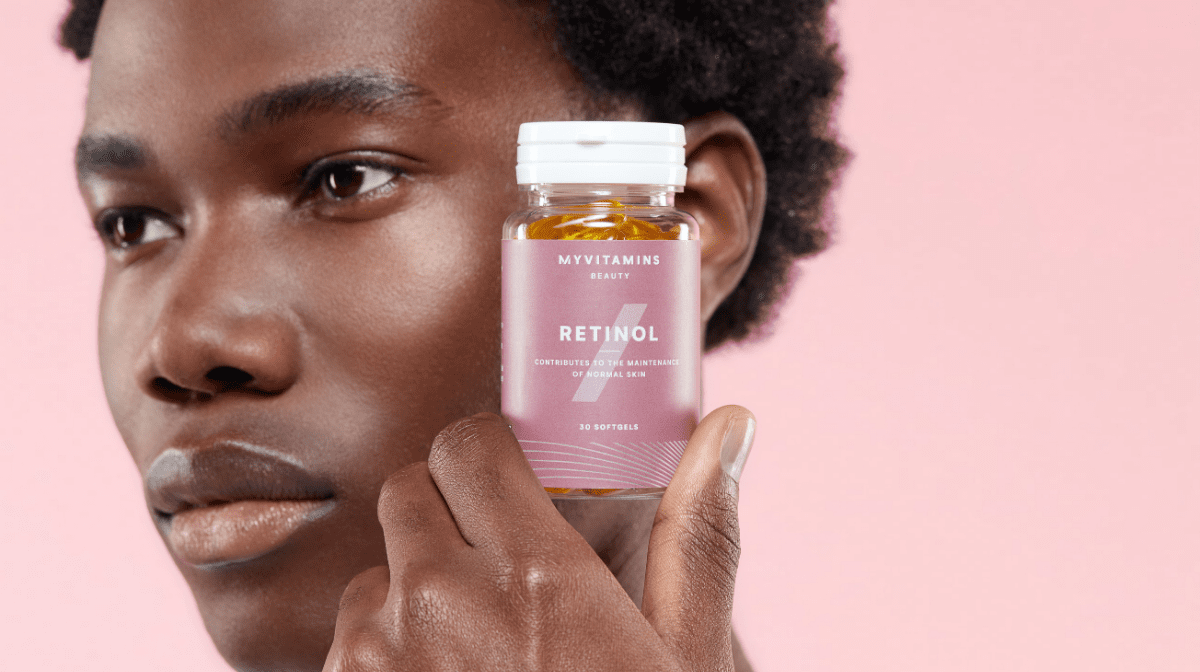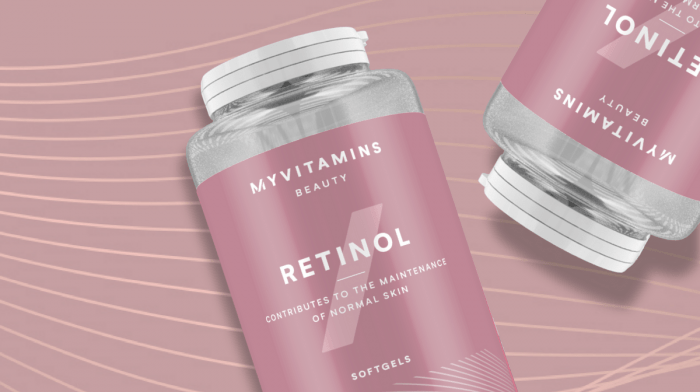What Is Collagen?
Collagen is one of the most abundant proteins present naturally in the human body, playing an important structural role in our skin, muscles, tendons and hair.
Collagen has a tough structure. Essentially, collagen is the ‘scaffolding’ that provides strength and form to our bodies. In this blog post we’ll discuss the role of ‘endogenous collagen’ – the collagen that is present and made in our body. We’ll also take a look at the role of nutrition in natural collagen formation.
Collagen & Skin Health
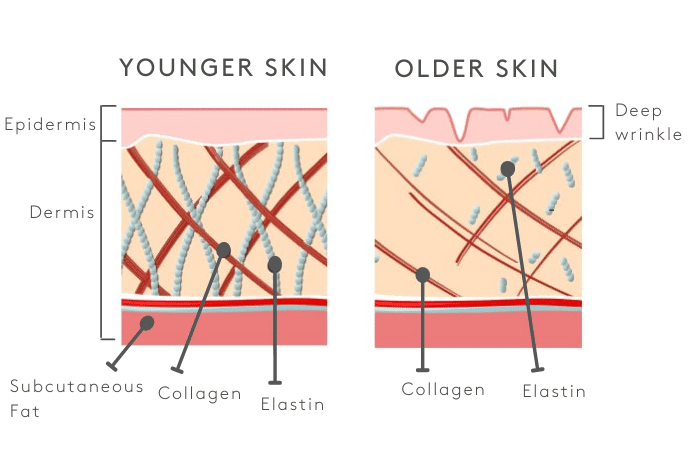
www.news-medical.net
Collagen can affect our appearance. For example, when our cells contain a healthy level of collagen, it prevents the skin from sagging and promotes hydration. (1) As we age, there is a natural decline in collagen production. This causes an increase in skin wrinkling over time.
Collagen & Our Joints
Collagen maintains the structure of cartilage, tendons, ligaments and bones, so plays a fundamental role in joint health. When we age, and during high-intensity exercise, collagen stores can become depleted. This depletion in collagen may play a role in joint pain as well as muscle soreness. 2
Nutrition To Support Natural Collagen Formation
As with other aspects of our health, we need to ensure that our diet is nutritious and balanced, in order to maintain healthy levels of collagen. There are certain nutrients in food such as; protein, vitamin C, zinc and copper, all of which play a role in the synthesis of collagen. 3

Protein
Consuming sufficient protein is particularly important for collagen production. (3) Protein is one of the three main or macronutrients in our diets, the other two being carbohydrates and fat. Protein is made up of amino acids which are the building blocks of all proteins in the body, including collagen.
Rich dietary protein sources include meat, fish, dairy products and eggs. Plant-based diets are a popular dietary pattern and often can lack protein. However, there are several plant-based protein sources too, for example, tofu and other soy products, beans, lentils, peas, nuts and higher-protein grains such as quinoa.
Vitamin C
Vitamin C is also required for the production of collagen. (4) Vitamin C can be found in most fruits and vegetables. Good sources of vitamin C include citrus fruits, potatoes, berries, peppers and green leafy vegetables, so ensure you’re hitting your target of at least five servings of fruit and vegetables per day.
To find out more about vitamin C, take a look at our blog post:
Zinc
Zinc is another important nutrient for collagen production. Zinc plays a role in activating the proteins that are essential for collagen synthesis (5.) For example; zinc functions by activating an enzyme called collagenase, which enables cells to re-model collagen. Good sources of zinc include; meat, nuts and dairy products. Again, those who follow a plant-based diet should pay attention to ensure they are consuming sufficient quantities of zinc within the diet.
Copper
Copper is a mineral that plays an important role in collagen production, but it’s often a nutrient that isn’t often spoken about. When levels of copper inside skin cells are higher, the production of collagen production increases. (6) Copper activates an enzyme called lysyl oxidase, that’s required for the maturation of collagen. (6) Copper can be found in nuts and seeds, as well as; leafy greens, mushrooms, seafood, liver and dark chocolate.
Summary
Collagen contributes to many important structures in our body. As we get older, the natural collagen in our body declines, which contributes to the skin’s ageing process and makes our joints more susceptible to pain. Although we cannot stop the natural collagen decline in our bodies, maintaining a healthy and well-balanced diet ensures we’re nutritionally optimised to support natural collagen formation.
- Bolke, L., Schlippe, G., Gerß, J., & Voss, W. (2019). A Collagen Supplement Improves Skin Hydration, Elasticity, Roughness, and Density: Results of a Randomized, Placebo-Controlled, Blind Study. Nutrients, 11(10), 2494. https://doi.org/10.3390/nu11102494
- Clifford, T., Ventress, M., Allerton, D.M. et al. The effects of collagen peptides on muscle damage, inflammation and bone turnover following exercise: a randomized, controlled trial. Amino Acids 51, 691–704 (2019). https://doi.org/10.1007/s00726-019-02706-5
- Solway, J., McBride, M., Haq, F., Abdul, W., & Miller, R. (2020, May). Diet and dermatology: The role of A whole-food, plant-based diet in preventing and Reversing Skin aging-a review. Retrieved May 12, 2021, from https://www.ncbi.nlm.nih.gov/pmc/articles/PMC7380694/
- Pullar, J., Carr, A., & Vissers, M. (2017, August 12). The roles of Vitamin C in Skin Health. Retrieved May 12, 2021, from https://www.ncbi.nlm.nih.gov/pmc/articles/PMC5579659/#__ffn_sectitle
- Osorio, R., Yamauti, M., Osorio, E., Ruiz-Requena, M., Pashley, D., Tay, F., & Toledano, M. (2011, February). Zinc reduces collagen degradation in demineralized human dentin explants. Retrieved May 12, 2021, from https://www.ncbi.nlm.nih.gov/pmc/articles/PMC3847813/
- Borkow, G. (2014, August). Using copper to improve the well-being of the skin. Retrieved May 12, 2021, from https://www.ncbi.nlm.nih.gov/pmc/articles/PMC4556990/


